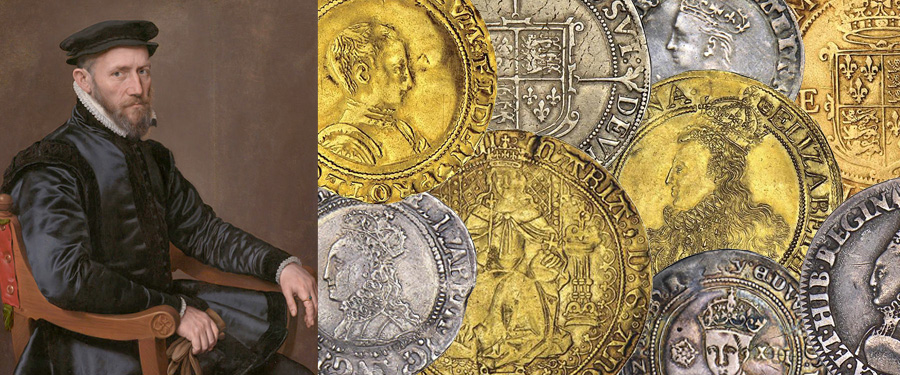
Question: At a recent coin show I overheard a coin dealer tell another dealer that the two coins he had were excellent examples of “Gresham’s Law.” I’ve heard of “Gresham’s Law” before, and wondered if it was anything like the old-time “Murphy’s Law” we’re all familiar with.
Answer: It’s not surprising you heard “Gresham’s Law” at a coin show, as it deals directly with coins. Sir Thomas Gresham (circa 1519- November 21, 1579) was an English merchant and financier who worked closely in the finance of the British Isles with King Edward VI and the king’s half-sisters, Queen Mary I and Queen Elizabeth I. Gresham’s “law” was simple and direct, and still holds true today after nearly 450 years. Simply put, Gresham’s Law states that bad money drives good money out of circulation. In other words, and in Gresham’s own words, it is simply: “The tendency, when two or more coins are equal in debt paying power but unequal in intrinsic value, toward hoarding the more valuable, thus leaving the less valuable in circulation.” We all have heard the old English saw that “bad pennies drive good pennies out of circulation,” which is simply another way of stating Gresham’s Law. The next time you hear of Gresham’s Law, you will be privy to its actual meaning.





